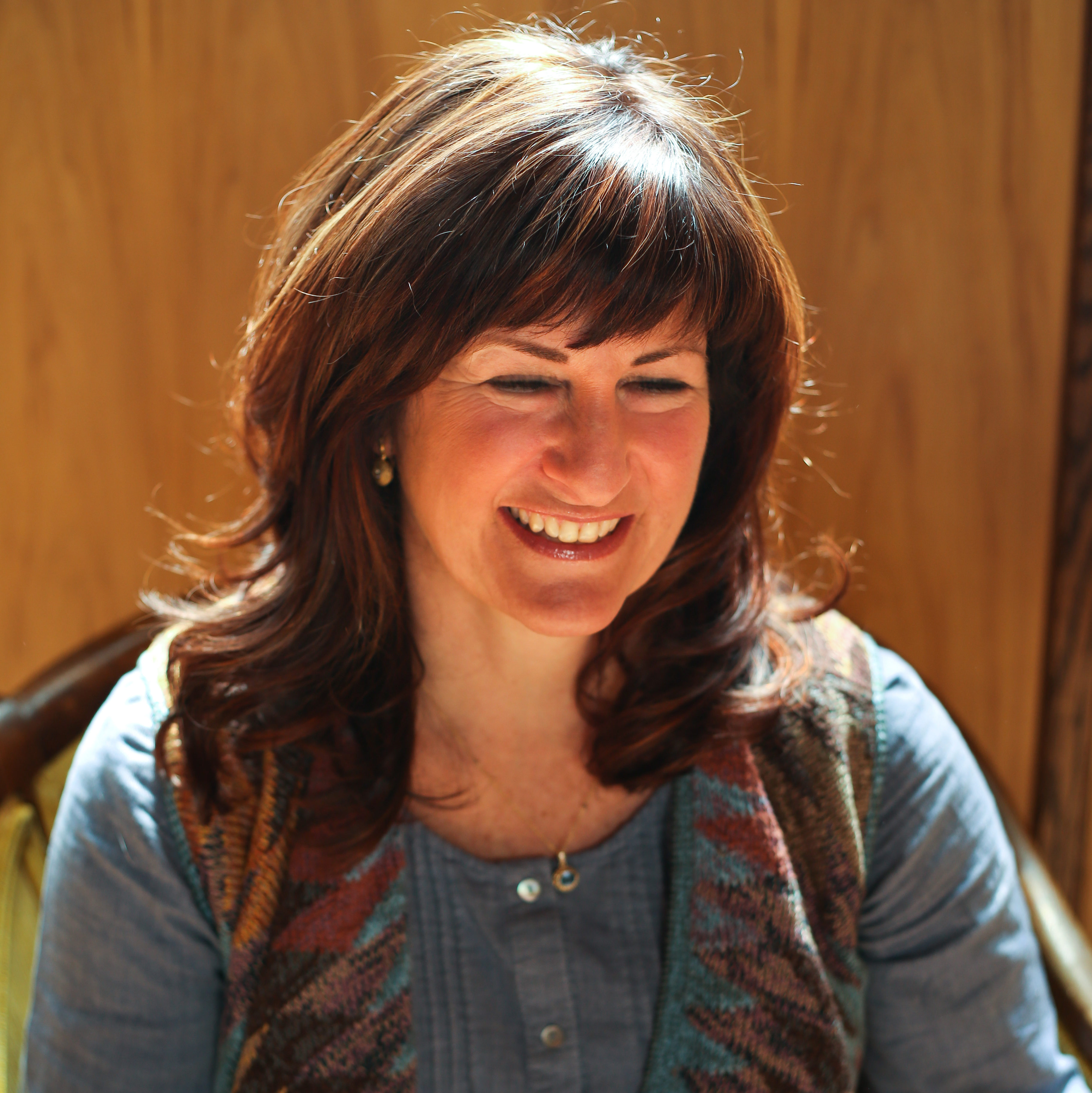Don’t underestimate the power of belief
I remember drinking in the elixir of belief as a 4-year-old during the telling of Peter Pan in kindergarten. Tinker Bell was almost annihilated that day by classmate Johnny Sweeney’s half-hearted, floppy-wrist, air-between-the-fingers, don’t-believe-in-fairies clap. But my friends and I believed. We clapped powerfully and with passion. And through our belief, Tinker Bell thrived.
Tales, such as Peter Pan, give us an experience of the power of belief, and in this case, its connection to well-being. As a movement and life coach, I witness, daily, the relationship between belief and the existence of anxiety and pain, as well as between belief and the reality of wellness, joy and freedom. We have the power to recognize and shift limiting beliefs. Don’t believe me? Then snuggle in close and I’ll tell you some true tales about the power of belief.
On a late January day, a gentleman received news of a cancer within. A diligent patient, he scheduled his treatments, which were estimated to run well into the year. Alarm arose at Rush University Medical Center when staff realized that this gentleman had scheduled treatments only through June. Dr. Janine Gauthier, director of Cancer Integrative Medicine Program & Psychosocial Oncology, was called in, and she learned that he believed he would only live four months. No one knew from where his belief came.
“No one knows how long someone will live,” declared his doctor, who was confident that the man would survive the cancer. June came. The man’s light was no more.
There lived another man who dreamed of building a summer camp for children. He was diagnosed with colon cancer. His prognosis for survival was not good. His doctors wondered whether he’d survive even 15 months. Believing in his dream more than in his cancer, he began to build his camp. This was six and a half years ago. His light is still shining bright. The camp also thrives.
A young woman believed she’d die young. When in her 30s, she was diagnosed with a non-life-threatening breast cancer. She died. The doctors, medically, never understood why.
“Our beliefs affect us not only emotionally but also physically,” says Gauthier. “These core beliefs, depending on what they are, can trigger our body’s fight-or-flight stress response, flooding us with chemicals, namely cortisol and adrenaline, which can adversely affect our different systems, even fatally,” she explains.
How do we rid ourselves of limiting beliefs? As a cognitive behavioral therapist, Gauthier explores her clients’ automatic thoughts in relation to specific situations, from traffic to life-threatening diagnoses. She helps clients clarify whether thoughts minimize or magnify feelings of well-being. If the thoughts are stressful, then the beliefs within them need to be challenged.
It is often difficult to know when we are in a place of true belief as opposed to wanting to believe. “There is a settling that happens in the body, a calmness and sense of being OK,” Gauthier says, explaining the difference. “Instead of looking for what will disprove or prove what you are trying to believe, there is the sense of ‘I trust that this is the way it is.’”
Often when people get sick, they look at statistics. Patients need to ask themselves, “Am I a statistic? Is any part of what I believe inaccurate? Is my belief a soul belief or an externally influenced one? Are there alternative possibilities?”
“If there is any space around a belief, one only needs to give oneself permission to question and to shift to something more life-giving. A belief of ‘I can cope with this’ shifts physiology,” says Gauthier.
So, believe in your well-being, your resilience, your thriving. Clap for you.

Kathleen Aharoni is a movement and life coach, forest bathing guide, and author of the award-winning book I breathe my own breath! She has served on the faculties of Northwestern University and Columbia College.










